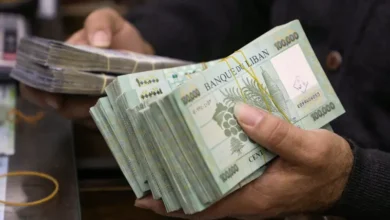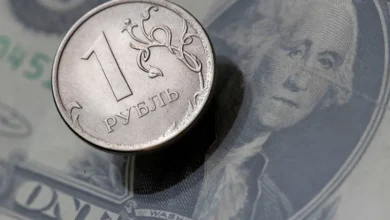South Korea exports pick up in sign of momentum for 2024

The growth in South Korean exports picked up last month, marking a robust finish to 2023 and adding optimism to the outlook for economic growth this year.
The value of shipments adjusted for working-day differences in-creased 14.5 percent from a year earlier, according to data released on Monday by the trade ministry. Headline exports rose 5.1 percent, compared with economists’ forecasts for a 3.7 percent increase. Overall imports declined by 10.8 percent, resulting in a trade surplus of $4.5 billion.
South Korea’s exports emerged from a yearlong slump late last year after global demand for its products ranging from electronics and automobiles to petrochemicals and shipbuilding finally started to recover.
A focus in 2024 will be the extent to which demand for chips kicks in to support economic growth in South Korea and regional neighbors including Taiwan and Vietnam.
South Korea’s chip exports returned to growth in November after more than a year of declines. Memory-chip prices are starting to rise again on the back of demand for artificial intelligence and other emerging technologies.
Periods in which semiconductor exports increased have stretched for 28 months on average in the past, according to a report by the Bank of Korea. The central bank highlighted private forecasts indicating consumers will resume upgrading their smartphones this year.
South Korea is a major player in international trade. Demand for its goods has been generally recovering across the world, indicating consumers may be regaining confidence gradually after a prolonged period of higher interest rates.
South Korea’s exports will probably rise by 7.9 percent in 2024, reaching $680 billion, according to base-case forecasts by the Korea International Trade Association. The association expects imports to increase 3.3 percent, with the trade surplus reaching $14 billion.
Still, downside risks remain. It’s unclear how fast Korean exports can grow as the global economy slows this year. Bloomberg Economics forecast last week that global growth will slow to 2.7 percent in 2024 from 3.1 percent, the slowest since 2001 excluding the global financial crisis in 2009 and the COVID-19 pandemic in 2020.
“Korean exports are still bottoming out and likely to start a weak recovery trend in 2024,” Pantheon Economics said in a note last month. “Global demand is still soft.”
Geopolitical tensions such as the Israel-Hamas war and growing protectionism add to risks for Korea, while questions remain surrounding the health of the economic recovery in China, South Korea’s biggest trading partner.
The US-China rivalry also casts a shadow over global trade, with Beijing recently announcing restrictions on rare-earth exports in particular. A raft of major elections across the world will contribute to geopolitical uncertainties for commerce.










